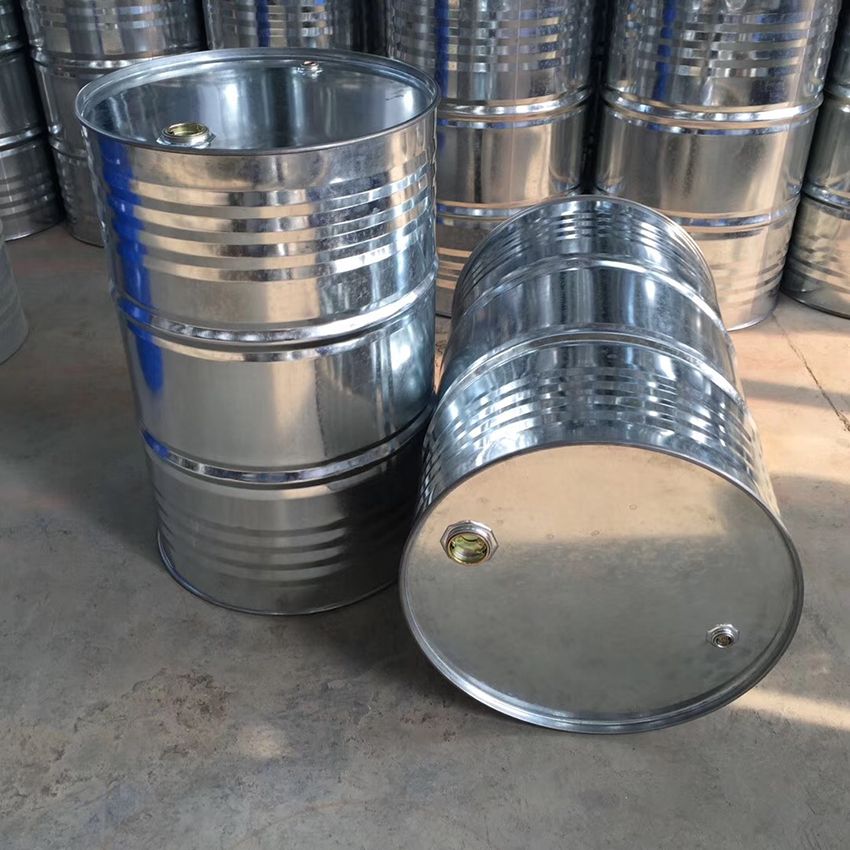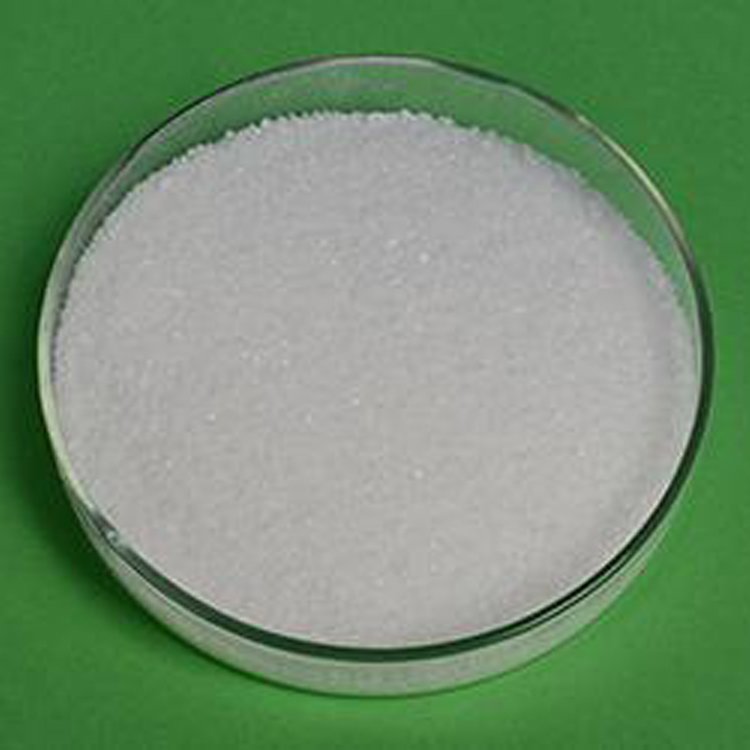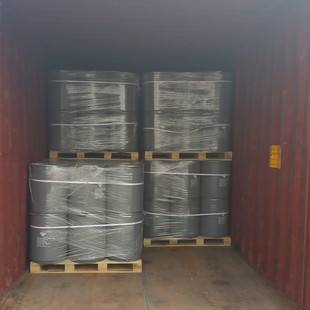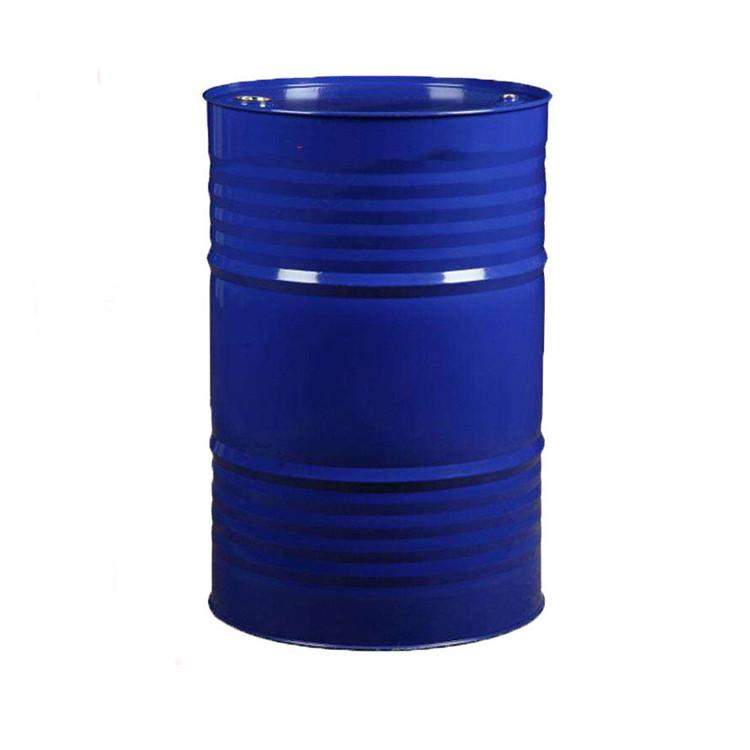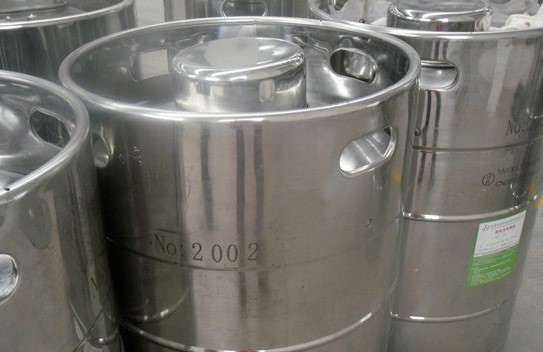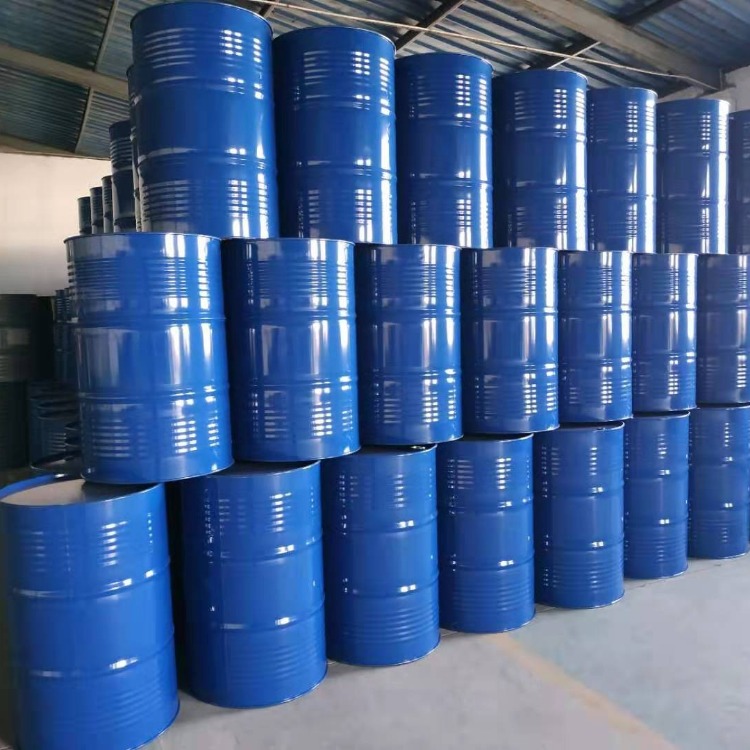CAS:17084-13-8
Molecular Formula:F6KP
Alias
More Information
Potassium Hexafluoridophosphate; Potassium Hexafluorophosphate Min; Potassium Hexaflourophosphate; Potassium Fluophosphate; Phosphate,Hexafluoro-,Potassium; Kaliumhexafluorophosphat; Potassium Tetrafluorophosphate; Potassium Fluorophosphate; Porassium Hexafluorophosphate; Potassium Hexafluorophoshate; Potassium Hexfluorophosphate; Potassium Hexafluorophosphate(V)
Brief Introduction
It is used as an organic fluorine substitute and in the preparation of other hexafluorophosphates
CNY 5.8 Million
19980m²
100-500 People
Manufacturing
Manufacturing
| Product Photo | Specification | Grade | Max Capacity | Certificates | Package | |
|---|---|---|---|---|---|---|
|
|
||||||
| Tech Grade | - | - |
50kg /
Iron Drum
|
Main products:
Potassium Hexafluorophosphate
/P-Chlorobenzotrifluoride
/M-Chlorobenzotrifluoride
/4-Chloro-3,5-Dinitrobenzotrifluoride
/Ammonium Bifluoride
/Potassium Fluoroborate
Alias
More Information
Lithium Battery Electrolyte; Electrolyte Lithium salt
Brief Introduction
The electrolytes of chemical power supply include aqueous electrolyte and non-aqueous electrolyte. In addition to the factors of electrode material, the advantages and disadvantages of lithium-ion battery are closely related to the properties of electrolyte. Due to the good temperature stability of electrolyte and wide electrochemical window, the working voltage of lithium-ion battery (usually about 4V) is more than twice that of battery using aqueous electrolyte (generally no more than 2V), Therefore, lithium-ion batteries have the properties of high voltage and high specific energy. At the same time, lithium-ion batteries also have the important deficiency of dry non-aqueous electrolyte. The conductivity of nonaqueous electrolyte is less than one tenth of that of aqueous electrolyte, which limits the high rate charge discharge performance of lithium-ion battery; The high technical content and price of electrolyte lead to the high cost of lithium-ion battery; The high tenderness of organic liquid electrolyte has become an insurmountable safety hazard of liquid lithium-ion battery. Therefore, in order to overcome its shortcomings on the basis of ensuring the advantages of lithium-ion battery, the electrolyte system of lithium-ion battery must have some special properties.
CNY 185.8 Million
66600m²
100-500 People
CRO
CRO
| Product Photo | Specification | Grade | Max Capacity | Certificates | Package | |
|---|---|---|---|---|---|---|
|
|
||||||
| Tech Grade | 30000 tons/year | - |
200kg /
Iron Drum
|
|||
| Tech Grade | 30000 tons/year | - |
200kg /
Iron Drum
|
|||
| Tech Grade | 30000 tons/year | - |
200kg /
Iron Drum
|
|||
| Tech Grade | 30000 tons/year | - |
200kg /
Iron Drum
|
Main products:
Lithium ion Battery Electrolyte
/N-Octyltriethoxysilane
/Trimethoxysilane
/Triethoxysilane
/Tetramethyl Orthosilicate
/Tetraethyl Orthosilicate
/Methyltrimethoxysilane
/Methyltriethoxysilane
Alias
More Information
Argon Atom; Argon gas; Argon,Compressed; Argon (Pure Gas) 1X14L Scotty 14 99.995%; Argon, Pressure Tin With 1 L; Argon Ultraplus; Argon Sputtering; Argon Gigaplus(Tm)
Brief Introduction
The chemical symbol of argon is ar, the atomic order is 18, which is located in group 18 of the periodic table. It is a rare gas. Argon accounts for 0.934% (9340 ppmv) of the atmospheric volume. It is the third largest gas in the earth's atmosphere, more than twice that of water vapor (about 4000 ppmv on average, but with great changes), 23 times that of carbon dioxide (400 ppmv) and more than 500 times that of neon (18p chemical Book PMV). Argon is the most abundant inert element in the crust, accounting for 0.00015% in the crust. There are 14 known isotopes of argon, including argon 33 to argon 46. Most of the argon in the earth's atmosphere is argon-40 (from the decay of potassium-40 in the earth's crust). Argon-36 is the most common argon isotope in the universe because it is the most easily produced by supernova nuclear fusion.
CAS:12047-27-7
Molecular Formula:BaO3Ti
Alias
More Information
Barium Titanium Oxide; Titanium Barium Oxide; Barium Metatitanate; Vk4; Bariumtitaniumtrioxide; Titanatebarium; Barium Titanate(IV); Nano Barium Titanate Powder; Barium(2+);Oxygen(2-);Titanium(4+); Batio3 Submicron Powder
Brief Introduction
Nano barium titanate is an important basic raw material in the electronic ceramic components industry, known as the "pillar of the electronic ceramic industry", and is also one of the most widely used and most consumed important raw materials in electronic ceramics.
CAS:1333-74-0
Molecular Formula:H2
Alias
More Information
Dihydrogen; Hydrogen; Liquid Hydrogen(Cryogenic Liquid); Molecular Hydrogen; h2
Brief Introduction
Hydrogen can be used as gas fuel, petroleum refining, manufacturing grease, hardening oil, margarine, synthesis of methanol, hydrochloric acid, ammonia, welding and metal cutting, meteorological observation, melting of glass, chemical book, metallurgical industry, coolant (liquid hydrogen), balance gas, etching gas, standard gas, zero point gas, correction gas, thermal oxidation, polysilicon, tungstening Ion implantation, current carrying, sintering, etc.
Inquiry (
10
/ 10
)
Clear All
Sign In
Error!

